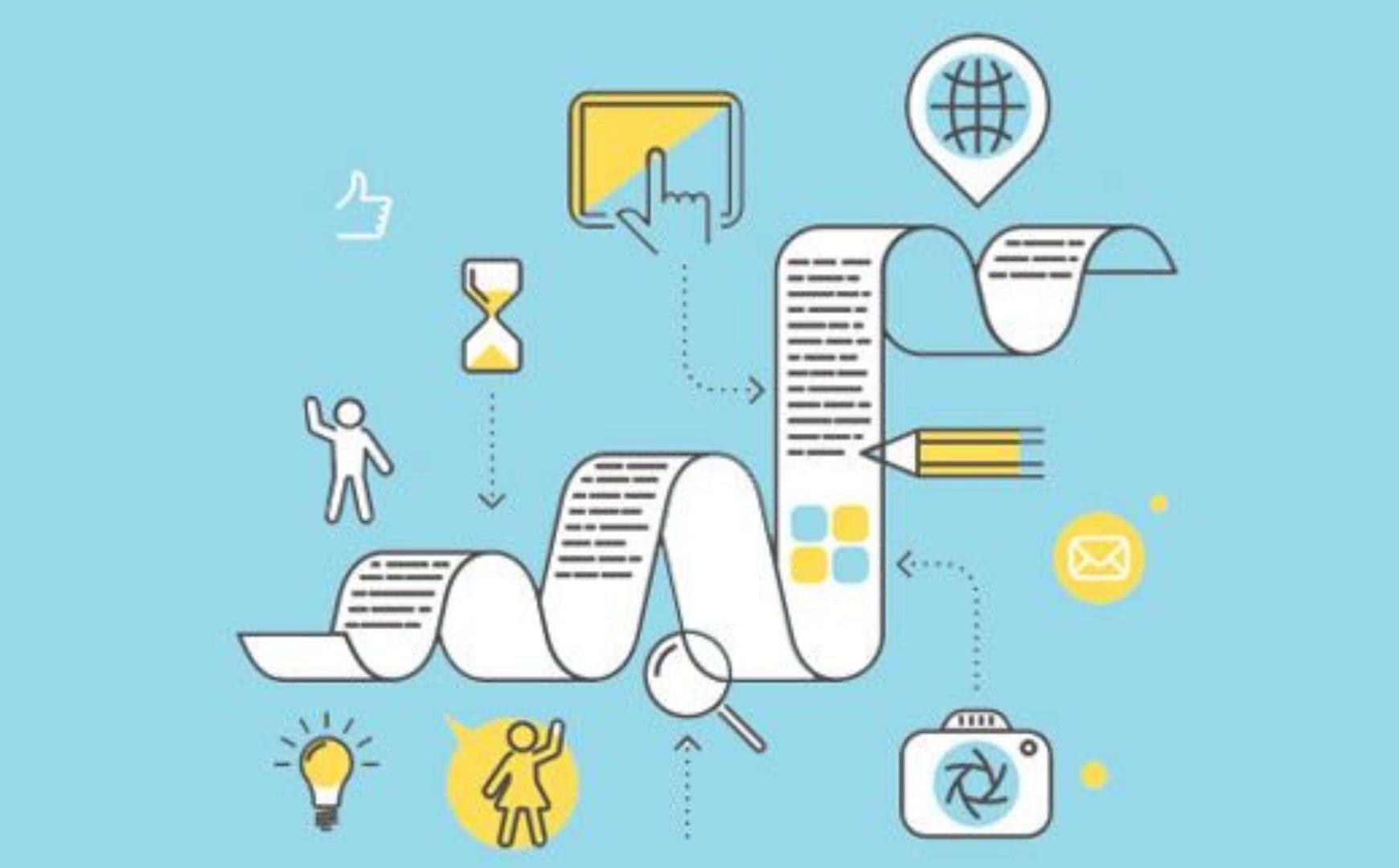Written by: Kiara Korten
In today’s fast-paced digital world, short-form media has become the norm. From quick TikTok videos to bite-sized Instagram stories, our attention spans are constantly being tested. While short-form content has its merits, it comes with a cost.
This constant influx of bite-sized information is not what our brains were designed to handle. Historically, humans have thrived on deep focus and reflection. Our ancestors spent long periods engaged in activities that required sustained attention, such as hunting, gathering, and crafting. Before the advent of written language, storytelling and oral traditions were the primary means of passing down knowledge. These stories were often lengthy and detailed, requiring listeners to engage deeply and remember intricate details.
Short-form media fragments our attention, constantly pulling us in different directions. This can lead to a scattered mind, making it difficult to concentrate on a single task for an extended period. I have seen this within myself and my peers constantly within our day-to-day lives. Trying to sit down and work on “mundane” tasks is difficult and finding the will to simply sit with myself and do nothing is even harder. I notice a great divide between people in my generation, who grew up with this technology, and people from my parents’ generation who did not. They can derive more satisfaction from sitting with a piece of media for longer, for example listening to a whole album and reading articles to start the day.
To counteract the effects of short form media, I have been trying to dive more into long form media options. This means podcasts, books, documentaries, even YouTube videos. It requires you to set aside time for them and a space for you to engage more meaningfully with media. Often after consuming one of these forms, I am left with something that I will remember, and something that I can share. When I have the time, I may even take notes on what I am consuming to further ensure that the messages will be ingrained.
It is not totally our fault that we have succumbed to social media. Humans are inherently social creatures. Social media taps into our need for validation which in turn puts pressure on us to be active on social media. Social media platforms are designed to trigger the brain’s reward system by releasing dopamine, a neurotransmitter associated with pleasure and reward. Social media offers instant gratification, providing immediate feedback and validation. This can be especially appealing in a world where we crave quick results and instant connections. In other words, it is designed to be addictive.
My transition has been far from perfect. After a long day of school, my brain often feels too fried to engage with anything meaningfully. Many of us lead very busy lives and it is hard to find time to will ourselves out of our trance. However, I know that the least that I can do is try to hold myself accountable and try to live a little slower and a little more mindfully.
Featured Image Caption: A diagram of the way people spend time after exposure to various forms of media

